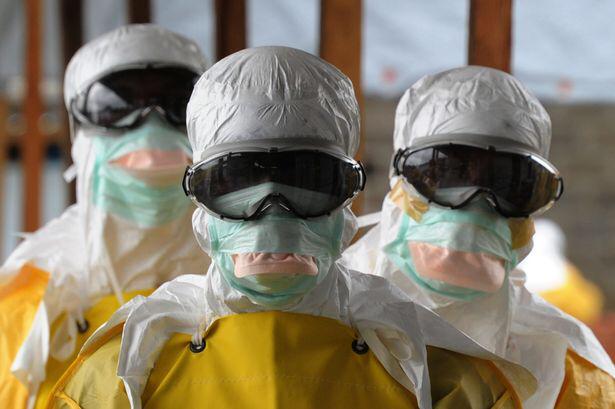
A nearly four-month-long Ebola outbreak in Uganda has been declared to be over, despite the lack of a proven vaccination against the particular viral strain. The outbreak was claimed to be initially difficult to contain but was swiftly brought under control.
At a ceremony on Wednesday January 11, to commemorate the end of the outbreak, health minister Jane Ruth Aceng declared, “We have successfully controlled the spread of Ebola in Uganda.”
According to data from the health ministry, 55 of the 143 persons who contracted the outbreak since September 2022 have died. Six of the fatalities were healthcare professionals.

Early on in the outbreak, cases moved beyond the Mubende epicenter, 150 km (90 mi) west of the capital Kampala, and into a number of other districts, including Kampala.
According to the World Health Organization, a nation cannot be deemed Ebola-free until 42 days have passed since the last confirmed case, which is twice the maximum incubation time. Following Uganda’s completion of that deadline, a declaration was made on Wednesday.
The last Ebola patient in Uganda was released from the hospital in December 2022, and President Yoweri Museveni abolished all movement restrictions linked to the disease.

African health officials have made a deliberate effort to strengthen their ability to respond to Ebola after a devastating outbreak of the Zaire strain of the illness in West Africa between 2014 and 2016 that killed 11,300 people, predominantly in Guinea, Sierra Leone and Liberia.
Author-Roberta Appiah





